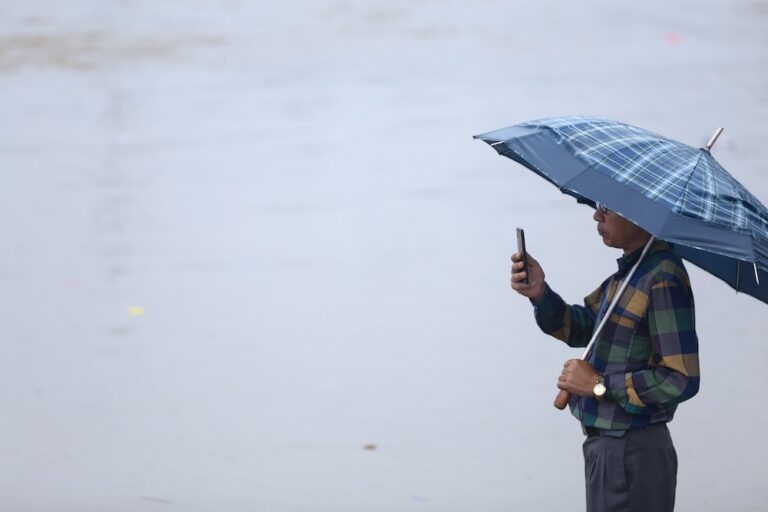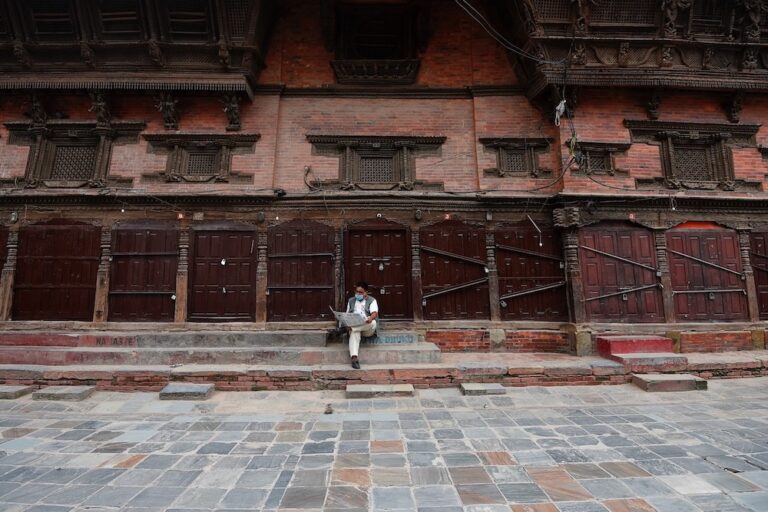Individuals affiliated with the Communist Party of Nepal (Maoist) seized all copies of "Rajdhani" daily from its printing press in Kathmandu, thereby preventing its distribution.
Freedom Forum is gravely concerned over a recent press freedom violation that occurred in the capital city of Kathmandu.
Early in the morning of May 19, 2013, cadres affiliated with the Communist Party of Nepal (Maoist) seized all copies of the Rajdhani daily from its printing press, in Chabahil, Kathmandu, thereby preventing its distribution.
A chief reporter with the daily, Dilli Acharya, said, “The cadres of the All Nepal Revolutionary Press and Publications Workers’ Association affiliated with the CPN (Maoist) led by Mohan Baidya, went the press and seized all copies of the daily which completely prevented the newspaper circulation.”
Previously on May 17, certain cadres working in the daily manhandled an administrator at the daily, Dev Shrestha, arguing that their cadre (a security guard) should be transferred to the central office from the regional one, the relevant office regulation should be prepared and the Working Journalists’ Act be implemented.
The seizure of the newspaper and the interruption of its circulation is a sheer violation of citizens’ right to information, and press freedom.
Similarly, intimidating the newspaper’s management by manhandling an administrator is an abhorrent act. Such activities do not suit a democratic culture where genuine demands can be made but in a systematic and honest manner.
Moreover, the incident has frightened journalists, not only those connected with Rajdhani daily but those linked to other media outlets as well.
Freedom Forum therefore strongly urges the police administration to take action against the culprits. Also, the cadres affiliated with the Association which is linked to the Maoist party of Mohan Baidya must respect press freedom and the right to information.
Freedom Forum is also worried over the recent atmosphere of distrust between the press and the courts in Nepal.
This was most recently sparked after a legal reporter was expelled from the Supreme Court room in April 2013 because of his attire.
A tense atmosphere was triggered once again after the Supreme Court issued a press pass only to those journalists who had been visiting the court on a daily basis. This was seen as discriminatory as only a handful of journalists were awarded the press pass.
Although the Court said its security team would provide a pass to other journalists when they turn up at the court house to report on a story, members of the media have expressed concern.
Freedom Forum holds the view that the distrust and strife between the court and the press is worrying. The Supreme Court can make an accreditation rule for journalists, however limiting the number of press passes deters free reporting and impacts on press freedom. Although the court’s issuance of press passes is a positive move, the process should be made more equitable. At the same time, as the court needs to heed the free press, journalists must also respect the court, so that a democratic culture flourishes. The press should not jeopardize the image of the court.
In a separate development, the Supreme Court issued an interim order against the Press Council Nepal, a media regulating body. In the order, the SC asked the Council on May 22 to not publish articles that assassinate journalists’ character. The order came in response to a joint writ petition against two journalists (Govind Devkota and Roshan Puri) filed at the SC, saying the articles published in the Council’s newsletter …Samhita (Issue 16 and 17) carried false news intended at defaming their characters.
The SC urged the Council to respect the journalists’ rights.


